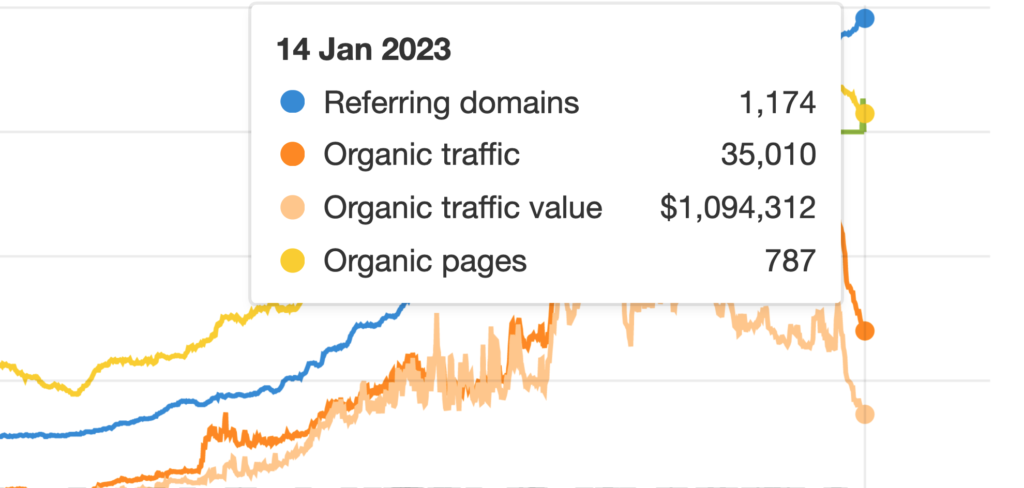How Google’s Work from Home Order is Likely Going to Become the Norm

Google Setting The Trend, But You May Choose Which Path To Take
Google recently announced a profound shift in its working environment due to the COVID crisis. The tech giant announced that it would have almost all of its employees work from home through the rest of the year and into 2021. The news was on the one hand expected.
Google pioneered much of the work from home tech and precedents we’ve seen over the last four months. On the other hand, I can say that I was at least a little surprised that the company extended the work from home order for that long. It also sets a bar that other tech companies and the economy in general may work towards.
I saw an article on CNN that described the new policy as a “game changer.”
They were advised by their office risk assessment consulting service to keep almost all employees at home for another year to avoid legal issues. Furthermore, it may provide valuable changes for several reasons. On the one hand, it shows a concern for the safety of the employees at Google. Considering the tech giant received negative press recently due to their alleged hostile work environment, this is a welcome change.
On the other hand, such a policy may make it so that the company will never return to a traditional office. Sure, the company will still have an address. Someone will have to open the mail and get thing arranged. However, for the large majority of employees, don’t be surprised if there is a permanent sea change in how they are asked to perform their jobs.
About the Author.
Michael Ehline is a leading personal injury and technology affairs attorney in the greater Los Angeles area. Living just several hours from some of the hottest tech companies in the world, I’ve learned a lot about how they operate and how the precedents they set now are often the dominant trends of tomorrow. By keeping track of such paths, I’m hoping to provide a better look at why Google made the decision they did and the likely effect on the workplace of tomorrow. For more info or to contact me, reach out at losangeles@ehlinelaw.com.
Effects on the Tech Sector
It might not seem as obvious looking at this in July 2020, but this could be a crucial series of changes for the tech sector, outside of Google. Google may be the flagship, but it’s also the industry’s precedent machine. Due to its sheer size and influence, other tech companies simply follow whether they choose to or not. And in this case, coupled with the pandemic, there may not be much of a choice.
This could have profound effects for the industry in general. If the largest, richest of the tech companies decides that its employees don’t need to go in anymore, why should yours? Firstly due to the risk of the disease. Second for the cost of the office. Third for the pace of the employees. What happens if the experiment works? There may be a bevy of tech employees who find that they work better from home. Happier employees and better results could propel Google into yet another decade of dominance.
And there would likely be a large shift in the means around the current tech sector in Silicon Valley. So much of the greater San Francisco / Bay Area’s economy and way of life is centered around the whims of major tech companies. What happens when those tech companies downsize from needing a campus or skyscraper down to a six room office?
What happens when the demand for utilities falls dramatically? Are there effects from thousands of tech employees realizing they no longer need to live within an hour’s commute of those offices?
A Ripple Effect
As you can probably tell, there is a strong chance that the bubble would burst in and around the greater San Francisco area. The full effects of the Coronavirus are still yet to be seen. However, the early results seem to show a catastrophic economic decline. The number of houses in the Bay Area sold fell by half year over year (just so far.)
The result is palpable so far. Just imagine if tens of thousands of educated, young, well paid people decide to pick up stakes and leave. One of the major underpinnings of the modern economy of one of our nation’s top hotspots is now gone.
The Effect in the Wider Workforce
As I noted above, there are significant effects well beyond the tech sector. Since Google is setting a large precedent, expect other industries to follow as well. Many of them use Google products and are very well aware of the steps that the search engine giant is taking.
That being said, Google is also pioneering the further tech needed to work from home no matter what the industry is. By using and expanding such tech as the Google office suite, Google Meet (formerly Google Hangouts), Google Classroom, and more the company is setting itself up as the indispensable man in the room.
It will likely affect the legal field, as well. We’ve already made some major changes to the way our office works. This includes the role of consultation for our prospective clients. But that is only one piece of many in how a modern law office operates. By being able to work remotely, our attorneys were ahead of the curve dealing with the effects of the Coronavirus.
Furthermore, our experience working within the courts also allowed us to handle what happened next. Many courtrooms now operate virtually, holding their hearings on Zoom. This is very different from what we’ve seen in the past.
That all being said, Google is likely going to usher in a very different workplace over the coming decade compared to what were are used to. In many ways, it should be easier without the commute or the same fixed schedule. However, as we’re likely going to discover, there will be many unintended consequences.
Works Cited
- CNN, Why Google’s new WFH plan is a game changer
San Francisco Chronicle, Bay Area home sales fall by half in May vs. last year; prices off 2.5%
